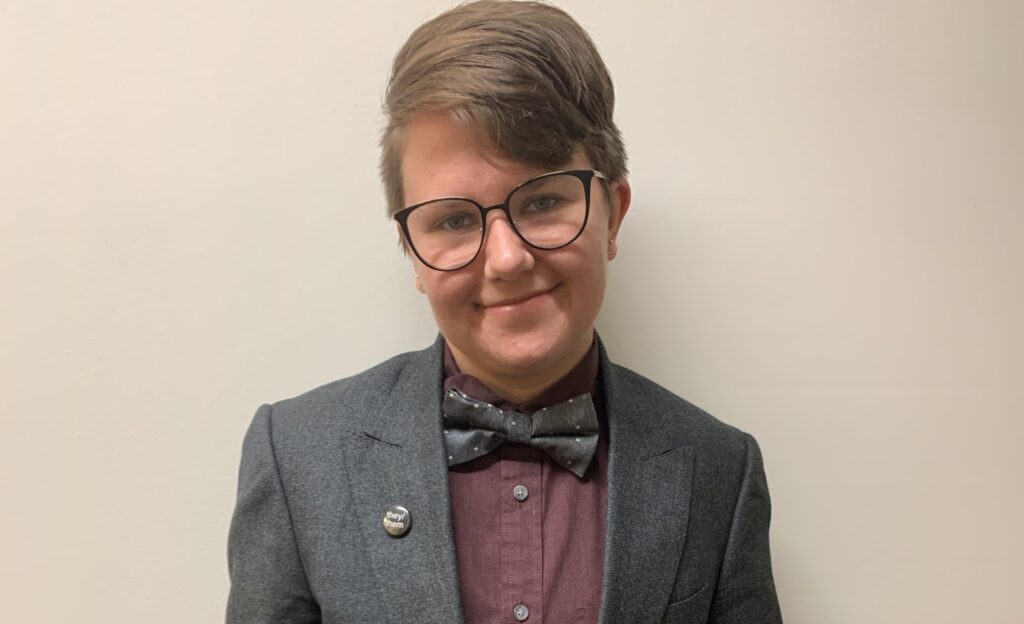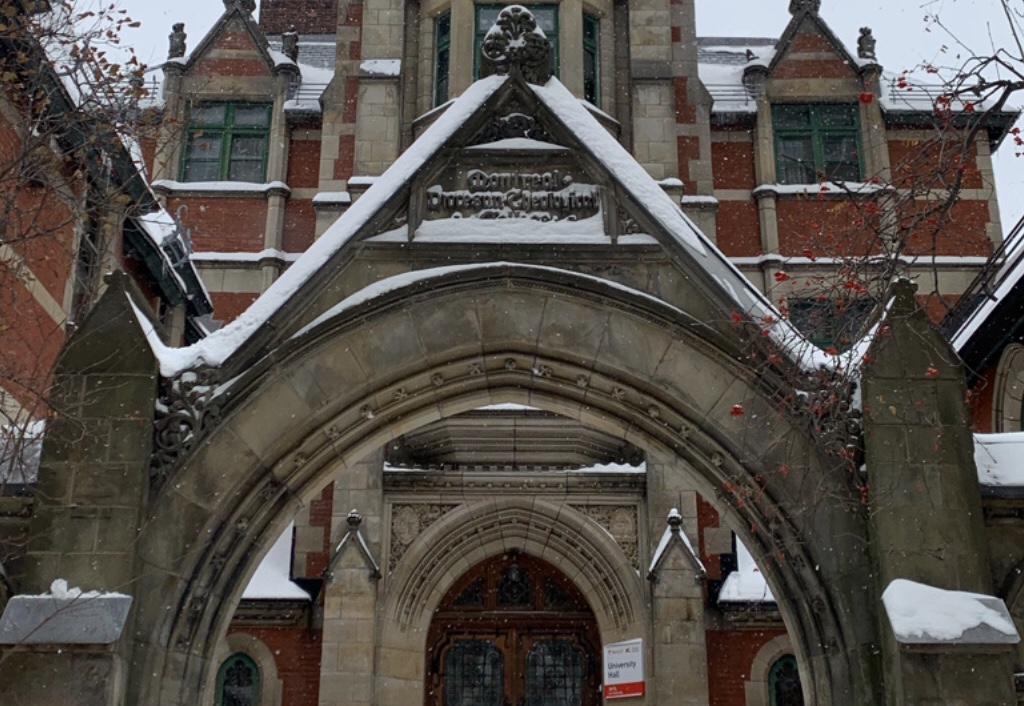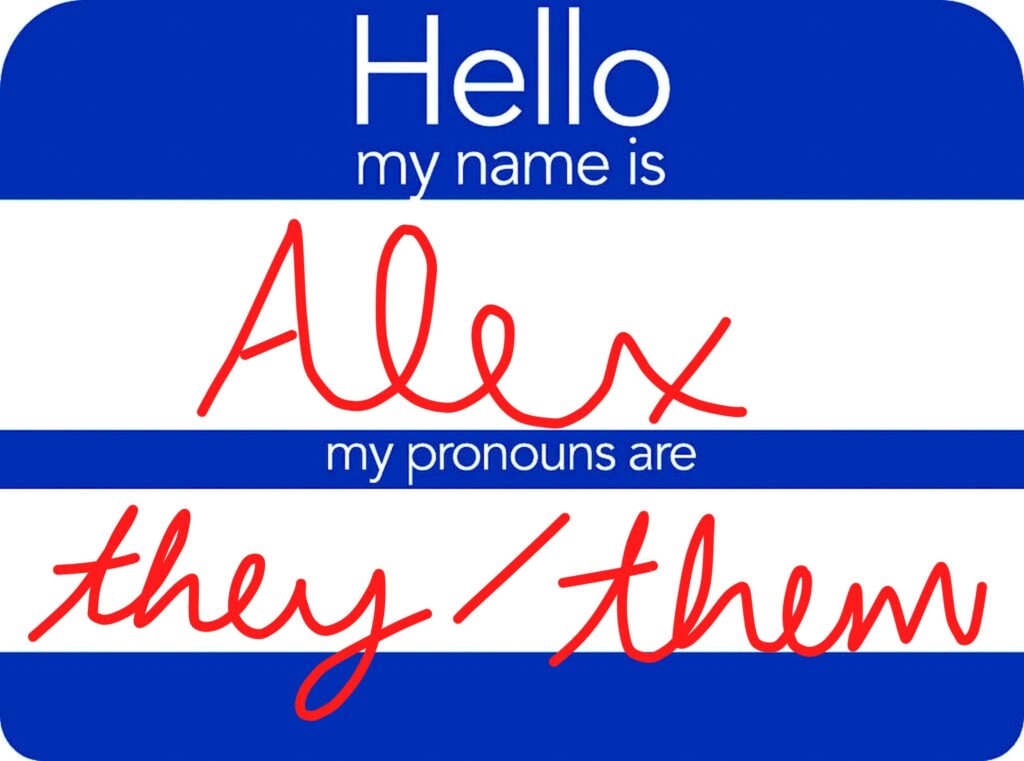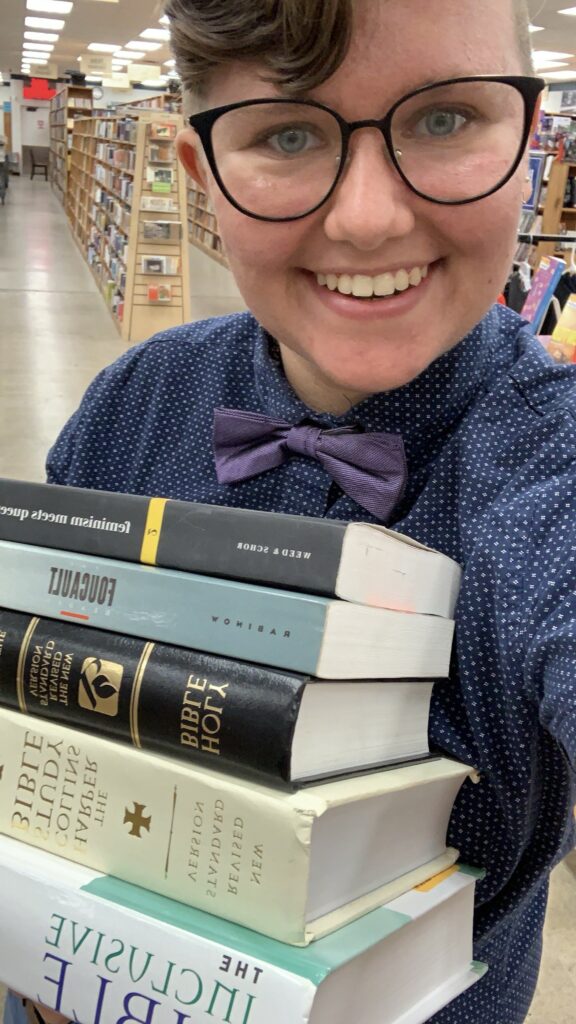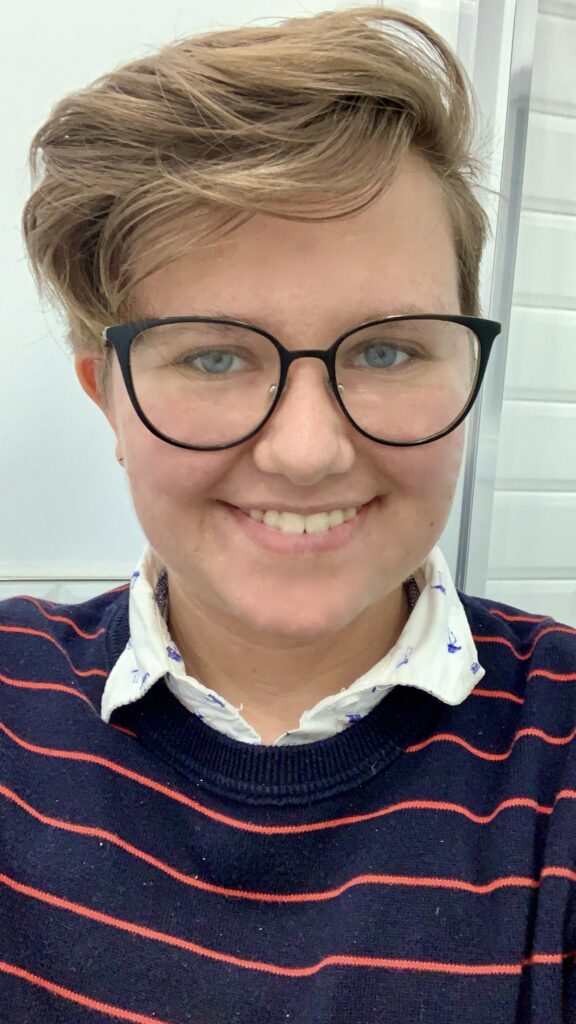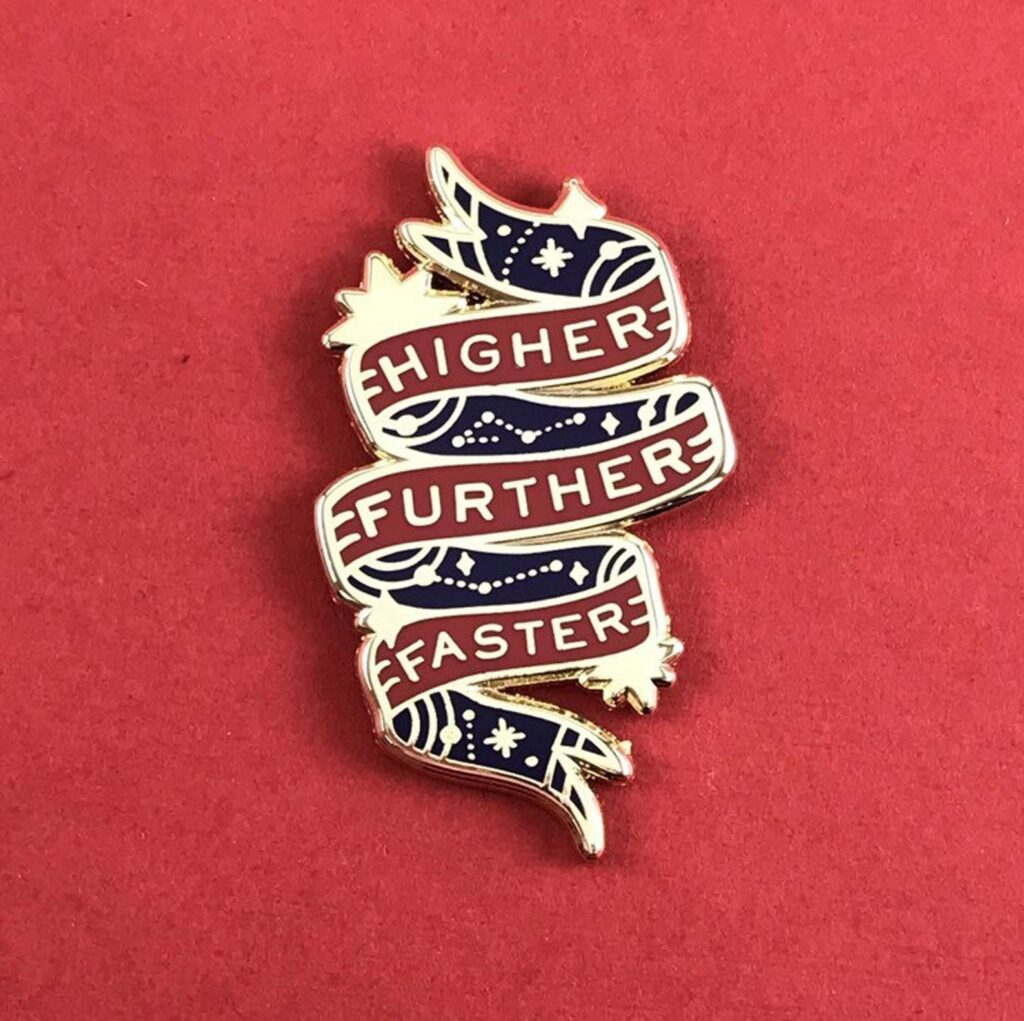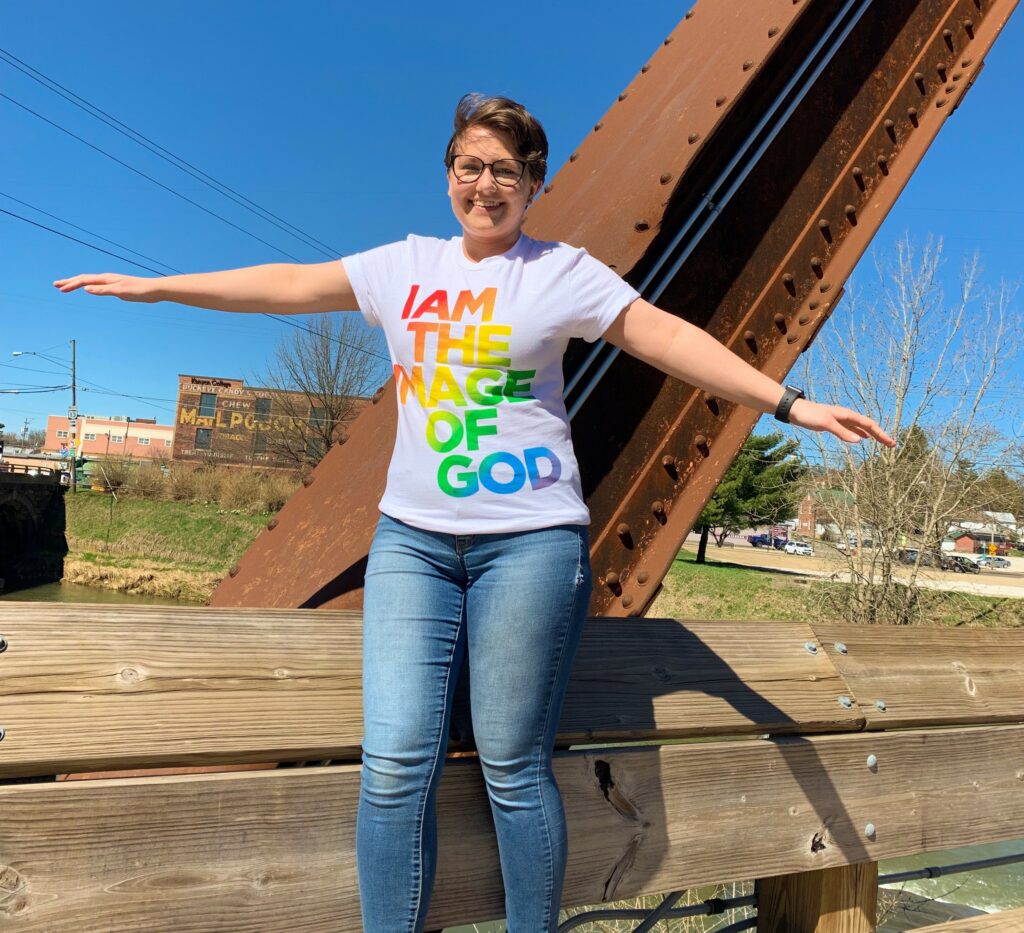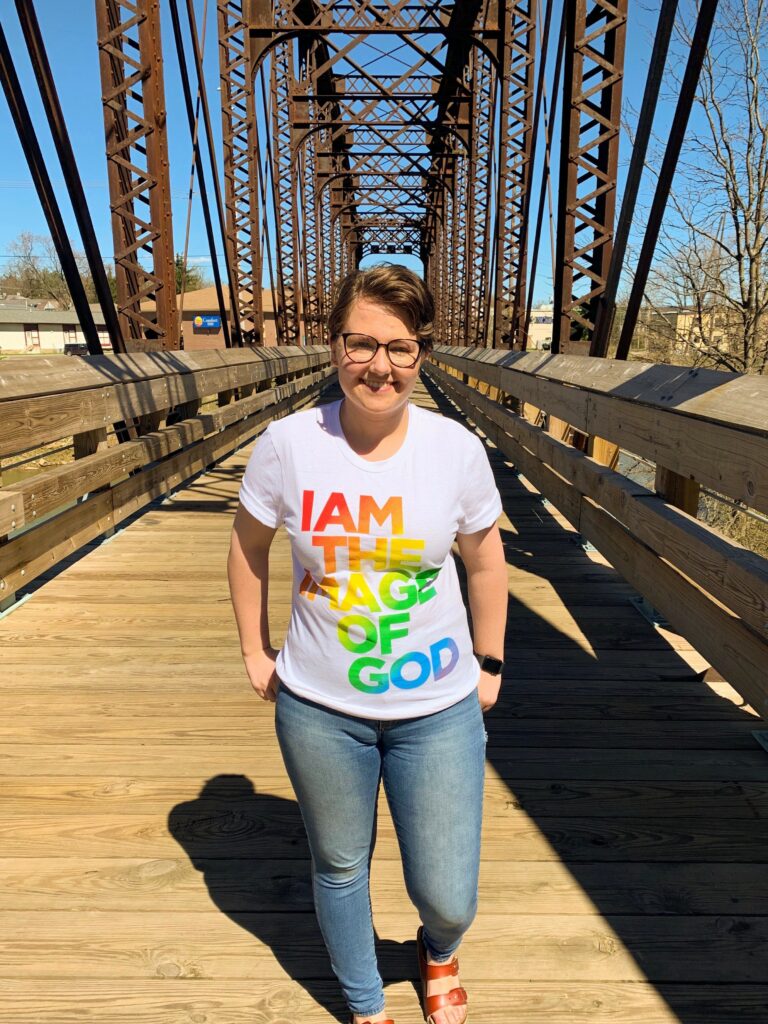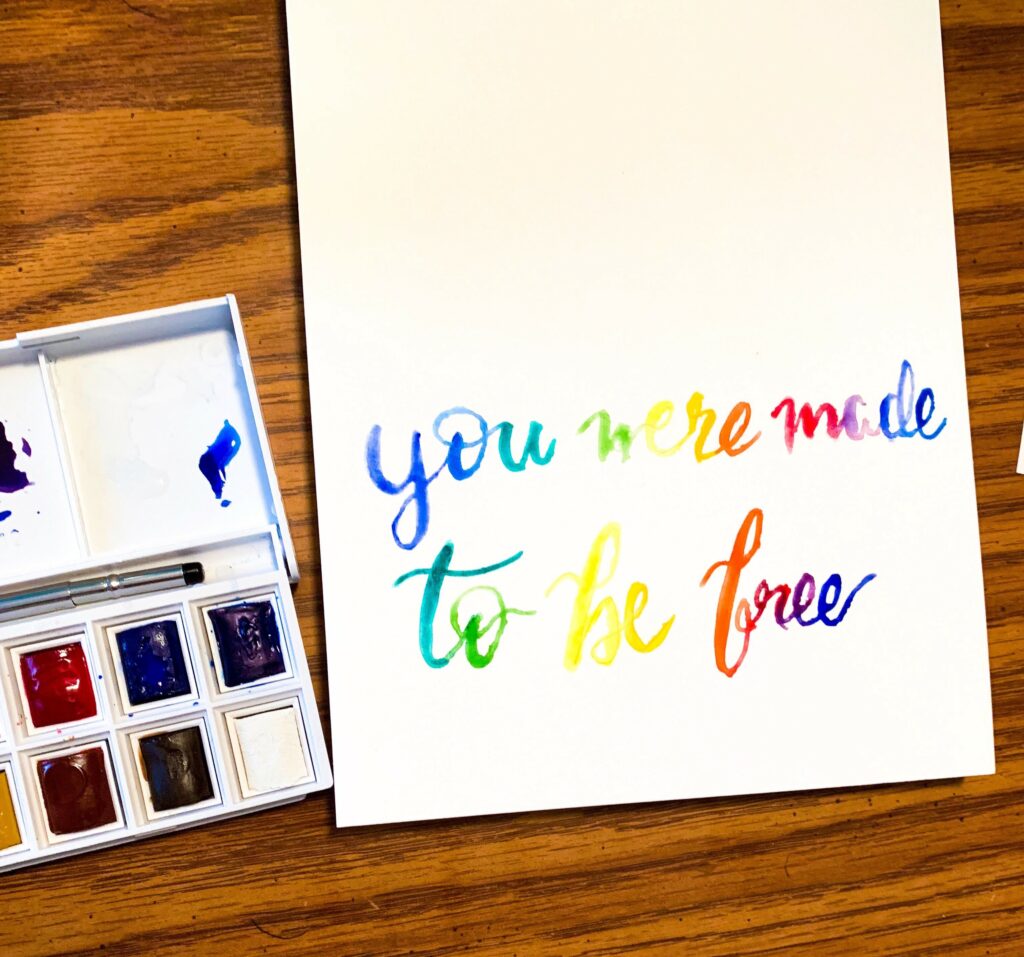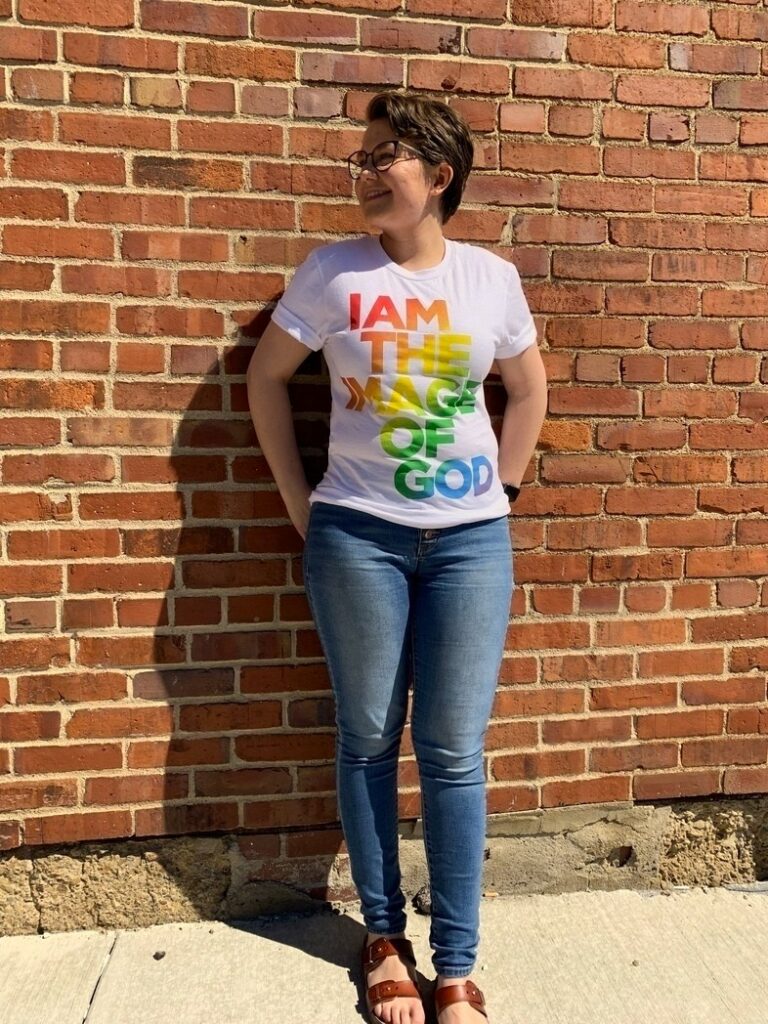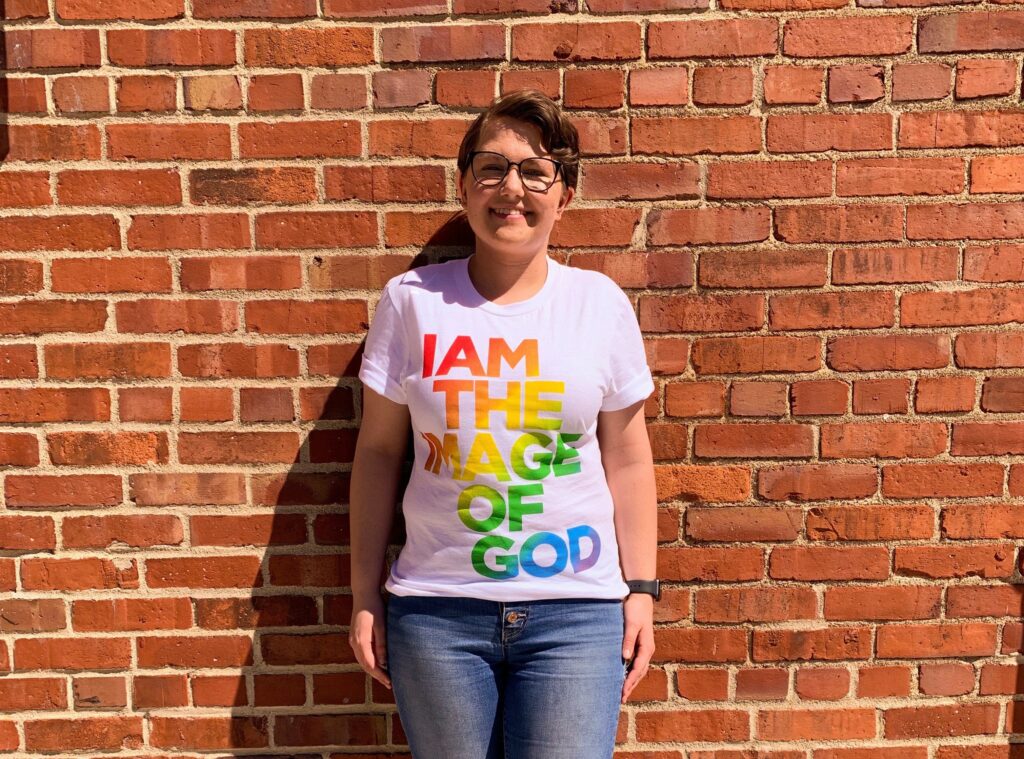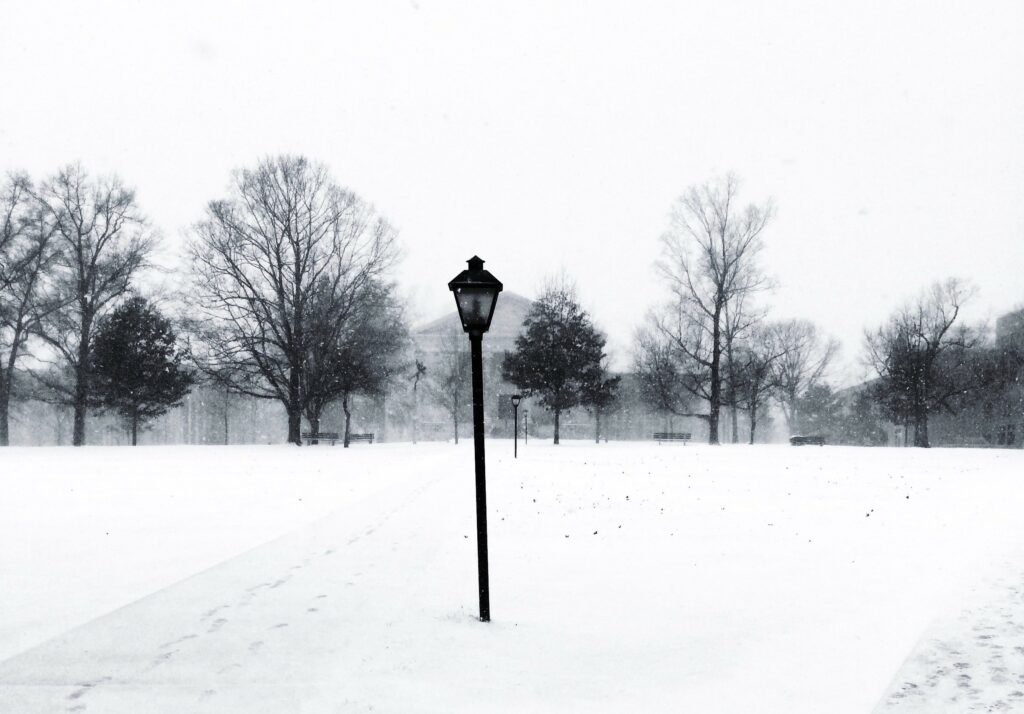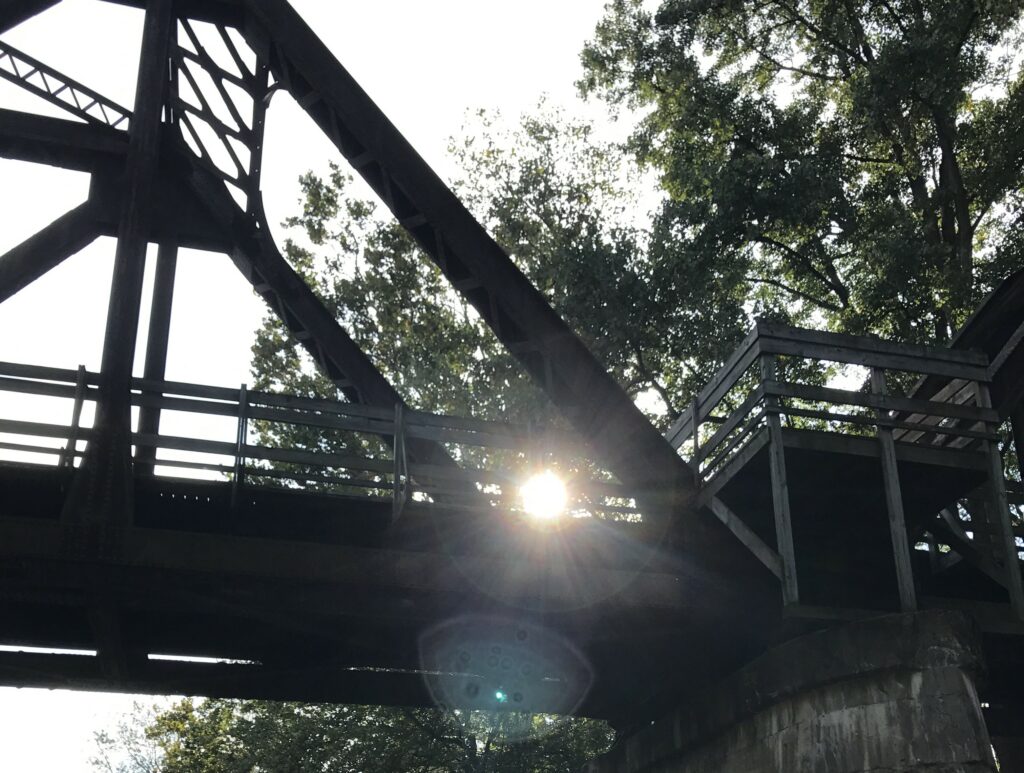
This sermon was preached on July 26, 2020 for Harcourt Parish Episcopal Church. You can read the lectionary texts here. If you would prefer to watch a Youtube video of the sermon, click here.
We are living through a time when history feels heavy. Last week’s reading described all of creation groaning, and I can feel it, can’t you? Our cities are groaning as they fill with tear gas and rubber bullets, our hospitals are groaning as they fill with people, and our climate is always groaning as it fills with greenhouse gases.
If I were to take today’s epistle and paraphrase it for 2020, it would say something like, “What can separate us from the love of Christ? Can fascism, can fear, can anti-mask protests, can global warming, can a virus that literally separates us six feet from every other human being, can these separate us from the love of God?
No. Absolutely nothing can separate us from the love of God.
This truth is wonderful, but it’s also scary. I don’t know about you, but I like to go to church, celebrate God’s love for God’s people, and go home feeling at peace because “God is going to make everything work out in the end.” I don’t like to think about how far into the future “the end” might be. I really don’t like to think about how, if hardship, distress, persecution, famine, nakedness, peril, and sword cannot separate us from God’s love, then these things are all within the realm of possibility of God working all things for good.
All too often, we use the idea that “God works all things for the good of those who love God” as an attempt to quell grief and fear. We tell ourselves and our suffering neighbors, “it’s okay, because all things work for good.”
I don’t believe this passage is meant to say that our present sufferings are good or okay. It is not good that unarmed black people are being murdered by police. It is not good that a virus is ravaging the world and our government hardly seems to care. No, these things are evil.
It would be a mistake to say that the world around us is good.
And yet God’s love is somehow still with us in the midst of all of this.
My own life provides a bit of a lighter example. Those of you who know me know that I am a textbook extrovert. If you had told me in January that I would go two full months without touching another living creature, I would have assumed it was a joke and asked if I could have a root canal instead.
And in everything, God’s love has never left. God was with me even when I had not left my 500-square foot apartment in six weeks. Even when everyone I had known for longer than a year was on the other side of a closed border. Even when all I wanted was a hug.
In situations far more difficult, far more dire than my own, God’s love also remains present. It can seem like the sky is falling, and the sky could literally be falling—–I don’t know, does anybody have the sky falling on their 2020 bingo cards? But even the very sky crashing down upon us would still not take the love of God away from us.
Over the past few months, some of us have found God’s love in loneliness and forced solitude. Others have found God’s love in streets filled with tear gas. Others still have found God’s love in the times when they want to let their fear take over, but they have to keep going to essential service jobs or to keep caring for their children. And some of us have not seen God’s love in months—like a bicycle helmet that must be buried somewhere in the garage.
But rest assured, God’s love is somewhere in all this mess.
In fact, God’s love is at home in this mess. Many of us do everything we can to get away from really feeling our discomfort. Sometimes we watch Netflix until we forget, go to sleep, and do it all over again the next night. Sometimes we take care of everyone’s problems but our own. Sometimes we curl up in our beds and put the covers over our faces as if to say, “if I can’t see it, it’s not happening.”
In Christ, God did the exact opposite of our escapism. God made God’s own self vulnerable, born as a baby into a backwater town in an oppressive empire. God willingly entered into our suffering.
This is why nothing can separate us from God’s love. Nothing can separate us from the love of God because Jesus suffered, died, was raised, and is seated at the right hand of God.
The fact that nothing can separate us from God’s love is both a promise and an invitation. It is a promise because when things fall apart, and they inevitably will as 2020 has shown us, God’s love will remain present with us no matter how bad it gets. But it’s also an invitation. It’s hard to find a God who suffers when we cannot face our own suffering or the suffering of others. We will not find Resurrection until we acknowledge what has been crucified.
We cannot look away when yet another black person is killed by police. We cannot look away as COVID-19 cases continue to rise and rise. We cannot look away as our planet warms. We cannot afford to turn to our familiar busyness, our distractions. We must follow Jesus’ example, and enter into the suffering of the world.
A line of Scripture that has rattled over and over in my head this year is from Zechariah: “Return to your stronghold, O prisoners of hope.”
Under normal circumstances, this seems like weird language—why would hope be anything like a prison? But I think in 2020 we know.
Augustine of Hippo said that hope is anger and courage. Anger at the way things are, and courage to make a change. Many of us are angry, and rightly so. We are angry that our neighbors will not wear a piece of cloth that could save our lives. We are angry that our black siblings are killed in their homes and on the streets. We are angry that the world as we have always known it seems farther and farther away each morning.
But it’s time to pair our anger with courage.
“Return to your stronghold, O prisoners of hope.” Perhaps, when the original audience heard this passage, they thought of the rubble of Jerusalem. Jerusalem had been their stronghold, a walled city, but when it was sieged by the Babylonians it became a place of suffering. To return is to remember, to let your imagination be captured by the suffering around you, to feel angry as an expression of the hope that change is possible, and to find the courage to act.
So if nothing can separate us from the love of God, what must we do? Today’s Gospel has the answer. Someone found a treasure hidden in a field, and sold all they had.
The love of God that does not, will not, cannot leave, that finds itself at home in the suffering and chaos of life is an extraordinary treasure. We already have that love, and yet we must allow it to take hold of us. As it does, we will let go of the things to which we have clung and we will face the world as it is, ready to work for change.
The Kingdom of God is not so material that we can literally sell everything we have today and give all of ourselves at once tomorrow. But our call is to give of ourselves time and time again in the hope that God is working in the world, through us and despite us to bring forth something we can truly call good.
As people who are still, in the midst of everything, absolutely, entirely, overwhelmingly loved by God, we are called to give of ourselves for the sake of hope.
For each of us, this will look different. We can all wear masks to protect those around us, but some of us are called to donate to bail funds. Others are called to take to the streets, to put their bodies on the line for justice. Others are called to raise their voices—in activism, in art, in difficult conversations with family and friends. Some of us are called to deliver food to those in quarantine, to sew masks for those who cannot afford their own, to run errands for elderly neighbors as we work to keep our community safe. Some are called to radically reduce our carbon footprint, to register people to vote, to sign petitions, to plant gardens.
We must serve as we can, donate as we can, pray as we can, love our neighbors as we can. Our expressions of God’s love in the world will grow. Like yeast in bread. Like a tiny seed that becomes a massive tree. God will work and is working for good.
Return to your stronghold O prisoners of hope, for nothing can separate you from the love of God. See the world for what it is. Give of yourself for the hope of good, because the love of God is so close that you can never be separated from it. The love of God is in our very bones, and it calls us to the kind of hope that doesn’t make sense, that cannot be extinguished, that acts even when every morning feels more bleak than the last. Since nothing can take that love away, we give what we have––our very selves––to love and serve God, our neighbors, and the world.
And may the God whose love did not spare God’s own Son work in us, through us, and despite us to bring what we have hoped for to life.
Amen.

